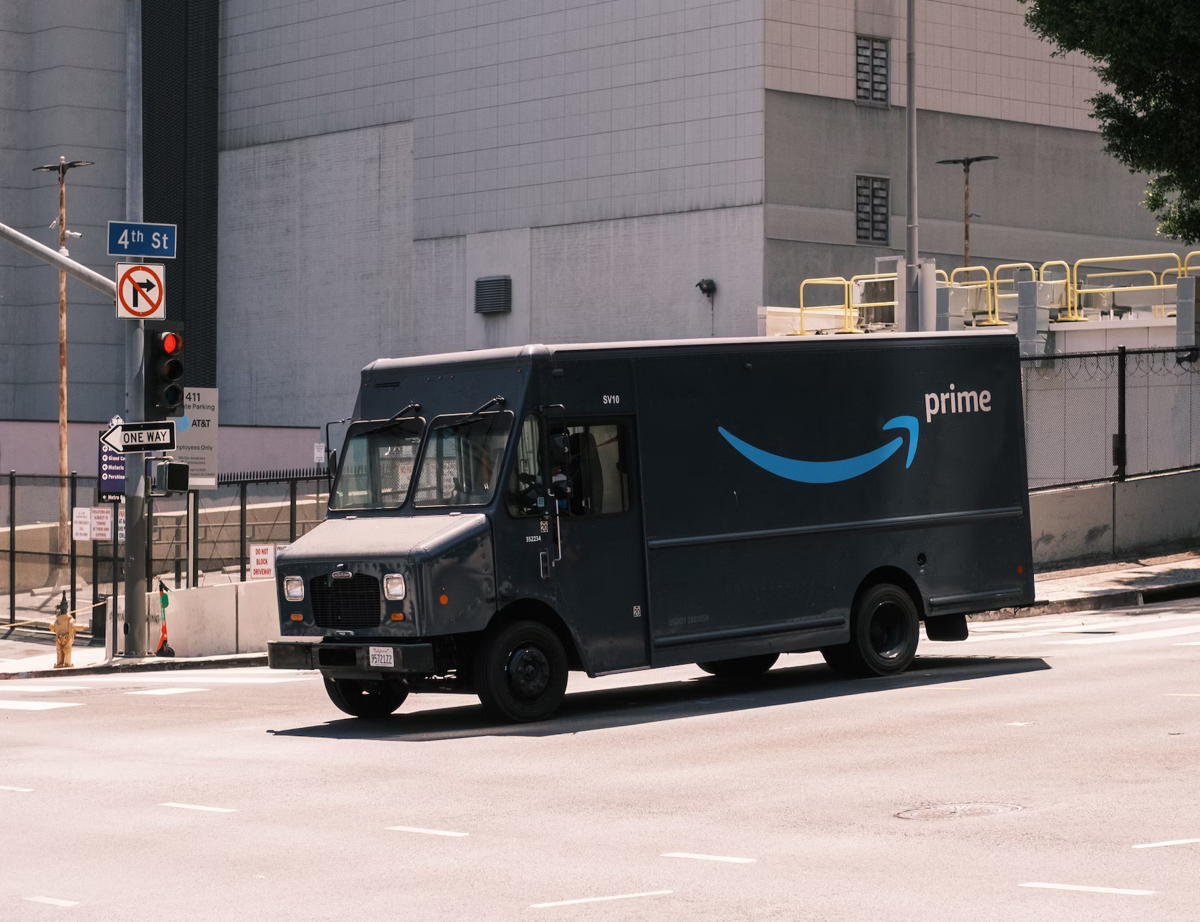[ad_1]
Senate study finds Amazon did not implement protections recommended by internal studies over risk they could affect worker productivity
Amazon on at least two occasions decided against implementing warehouse worker safety measures recommended by internal research due to concerns it could affect productivity, a new US Senate report said.
The report, the result of an investigation launched in June 2023 by the Senate Health, Education, Labor and Pension, or HELP, committee, cited internal studies from 2020 and 2021 that it said never led to action by the company.
The 2021 study, “Project Elderwand”, estimated that workers who locate and pull items from shelves could make 1,940 repetitive movements in a 10-hour shift before their risk of lower-back injury increased, the report said.
But documents show Amazon did not implement rules to ensure workers did not exceed that limit because of the potential impact on “customer experience”, according to the report.

Injuries
Workers told the inquiry in interviews that they regularly exceeded the limit.
The company told the Senate inquiry that it did not make changes to reduce repetitive worker movements because of “technical reasons” involving a pilot programme.
The company added in a blog post that Project Elderwand showed the suggested intervention was “ineffective”.
The 2020 study, “Project Soteria”, reviewed two policies that Amazon implemented temporarily during the Covid-19 pandemic – giving workers more time off and pausing disciplinary measures “for workers who failed to meet speed requirements”.
The study found both policies lowered injury risks and asked for their permanent adoption.
Company leaders denied the request, again due to a potential negative impact on productivity, the Senate report said.
‘Not valid’
Leaders also changed the focus of Project Soteria, telling those conducting the review to provide recommendations on how to improve productivity without increasing worker injuries, according to the Senate report.
Amazon said the Senate’s characterisation of Project Soteria was wrong, saying it was an example of a “team evaluation” in which “one team explored whether there’s a causal link between pace of work and injuries and another team evaluated the methodology and findings and determined they weren’t valid”.
The Senate committee report also alleges that Amazon manipulates worker injury data to portray warehouses as safer than they are.
The committee found that Amazon workplaces recorded 30 percent more injuries in 2023 than the warehousing industry average.
The study included interviews with nearly 500 former and current Amazon workers.
‘Preconceived narrative’
Amazon said the report, which was initiated by HELP chair Bernie Sanders, was inaccurate.
“Senator Sanders’ report is wrong on the facts and weaves together out-of-date documents and unverifiable anecdotes to create a preconceived narrative that he and his allies have been pushing for the past 18 months,” the company said in a statement.
There is “zero truth” to the claim that Amazon systematically underreports injuries, the company said, adding that its expectations for employees are “safe and reasonable”.
Sanders is set to be replaced next month by Senator Bill Cassidy, seen as an ally of business.
Amazon has been hit by multiple fines in recent months over conditions in its warehouses, including a $5.9 million (£4.6m) fine from California in June and a 32m euro (£27m) fine from France in January for conducting what the country’s regulators described as surveillance on workers.
[ad_2]
Source link


